

2018-06-08 13:35:00 Fri ET
federal reserve monetary policy treasury dollar employment inflation interest rate exchange rate macrofinance recession systemic risk economic growth central bank fomc greenback forward guidance euro capital global financial cycle credit cycle yield curve
The Federal Reserve delivers a second interest rate hike to 1.75%-2% and then expects subsequent rate increases in September and December 2018 to dampen inflationary pressures. This decision reflects robust economic revival in America. With sound price stability, the U.S. economy now operates near full employment with 2.1% inflation and 3.8% unemployment (i.e. the lowest unemployment rate since 2000). The current real economic growth trajectory accords with the Federal Reserve's dual mandate of maximum employment and price stability.
The Federal Reserve pencils in subsequent interest rate hikes later in 2018 (2%-2.25% in September 2018 and then 2.25%-2.5% in December 2018). This gradual acceleration of interest rate increases helps contain inflation with steady gains in the labor market. The current interest rate hike might disappoint President Trump who would otherwise prefer dovish monetary policy accommodation (in contrast to hawkish inflation containment).
However, the Federal Reserve reiterates monetary policy independence and thus continues the current interest rate hike as the U.S. economy moves along the long-run steady-state economic growth path of healthy fundamental recalibration. On balance, it is now quite plausible for America to achieve 3%+ real GDP economic growth to better balance the U.S. fiscal budget that helps neutralize both trade and budget deficits in the medium term.
If any of our AYA Analytica financial health memos (FHM), blog posts, ebooks, newsletters, and notifications etc, or any other form of online content curation, involves potential copyright concerns, please feel free to contact us at service@ayafintech.network so that we can remove relevant content in response to any such request within a reasonable time frame.
2020-06-03 09:31:00 Wednesday ET
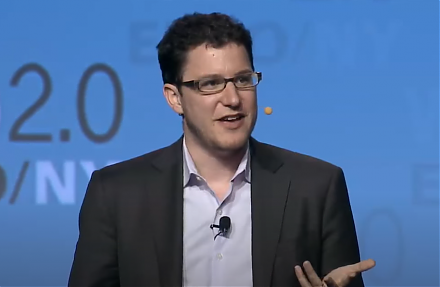
Lean enterprises often try to incubate disruptive innovations with iterative continuous improvements and inventions over time. Trevor Owens and Obie Fern
2019-08-02 17:39:00 Friday ET
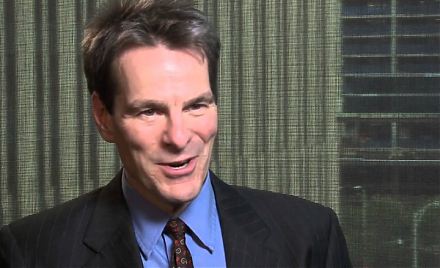
The Phillips curve becomes the Phillips cloud with no inexorable trade-off between inflation and unemployment. Stanford finance professor John Cochrane disa
2018-05-03 07:34:00 Thursday ET
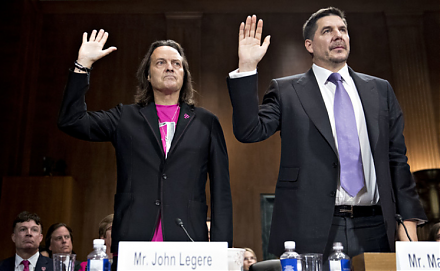
Sprint and T-Mobile propose a major merger in order to better compete with AT&T and Verizon. This mega merger is worth $26.5 billion and involves an all
2025-10-11 14:33:00 Saturday ET

Stock Synopsis: With a new Python program, we use, adapt, apply, and leverage each of the mainstream Gemini Gen AI models to conduct this comprehensive fund
2018-06-11 07:44:00 Monday ET
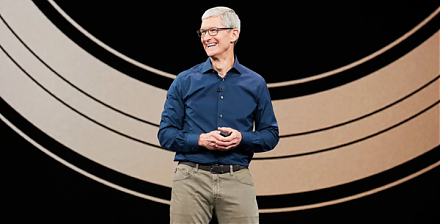
Facebook, Apple, Amazon, Netflix, and Google (FAANG) have been the motor of the S&P 500 stock market index. Several economic media commentators contend
2018-11-15 12:35:00 Thursday ET
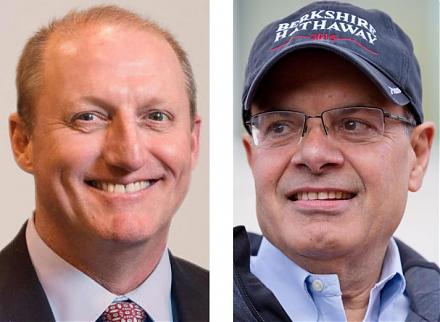
Warren Buffett approves Berkshire Hathaway to implement new meaningful stock repurchases. Buffett sends a positive signal to the stock market with the Berks